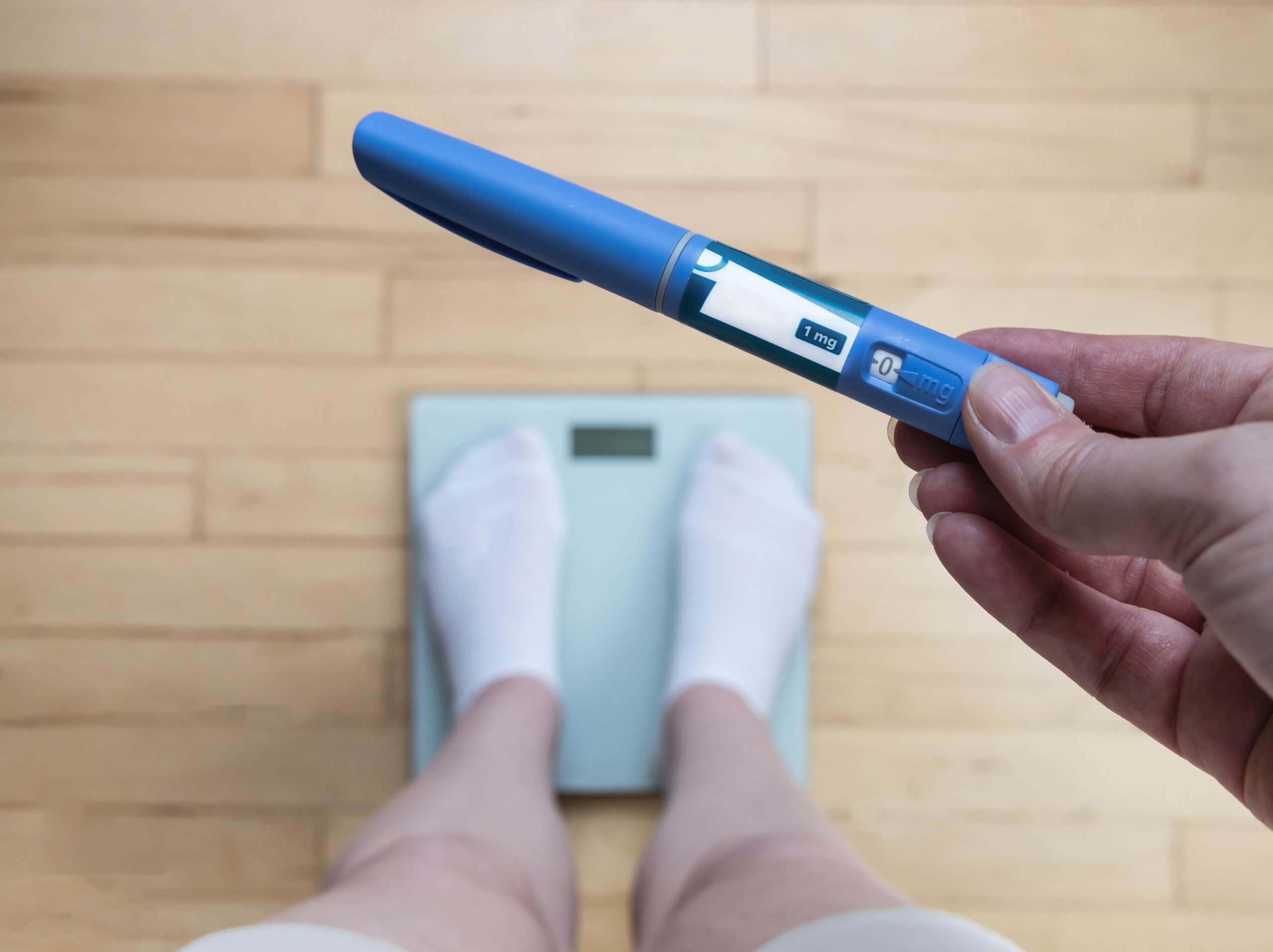Back to Patient Portal
In this blog, we answer your top questions about weight loss medication.
Are weight loss medications safe?
All medications have side effects and risks but most people tolerate weight loss medications well. Side effects become more of an issue if the dose of weight loss medication is increased too quickly. Common side effects such as nausea and constipation will mostly settle in the first month or two of treatment when managed under the care of our doctors.
If you experience nausea, we advise that you eat smaller meals, avoid fatty foods and take your time to eat more slowly. There are medications our doctors can also prescribe to help with nausea. If you experience constipation, increase your fluid intake, eat more vegetables, consider using a fibre supplement such as Metamucil and if you still have constipation you can use a laxative such as lactulose or movicol.
You shouldn’t increase your dose of weight loss medications until your side effects are under control. More serious and troublesome side effects and complications occur in about 1 in 200 patients which is a similar rate to a wide range of commonly prescribed medications for other health conditions. You can visit the website of your prescribed weight loss medication, to learn about the risks in more detail.

How long do I need to take weight loss medication?
Weight loss medications are effective in helping patients to lose weight and keep the weight off in the long-term, when used alongside lifestyle changes including healthy eating patterns and regular exercise. If these medications are stopped and patients go back to their previous unhealthy eating habits and stop exercising, their weight will increase again.
Some patients are able to stop weight loss medication and keep weight off if they continue to work on lifestyle management strategies. Other people do better with continuing on medication, often at a lower dose or with intermittent dosing, alongside lifestyle management in the longer term. It is important to monitor your weight regularly as you may need to restart your medication if your weight increases more than 3kg after stopping.
What are the long-term effects of weight loss medication?
Obesity is a chronic disease that affects every system in the body. Losing 10-20% of your starting weight will result in improvements in a wide range of other conditions including joint pain, high blood pressure, high cholesterol, heart disease, kidney disease, diabetes, sleep apnoea and mental health conditions. Losing weight can also prevent you from developing some of these diseases especially if you receive treatment before these diseases are established.
If you use weight loss medications and don’t eat a proper diet (including eating adequate amounts of protein and a wide range of fruit and vegetables), don’t drink adequate fluids or exercise (including resistance exercises), you will be at risk of muscle and bone loss or vitamin and mineral deficiencies.

How much weight can I expect to lose with medication?
There are a range of weight loss medications and the expected weight loss varies between 8-20% off the starting weight.
Is weight loss medication covered by insurance?
Some funds do pay a benefit for weight loss medications under ‘extras’ cover. We recommend you check with your insurer.
Can I take weight loss medication if I have diabetes?
Some of the weight loss medications available in Australia are also used for diabetes management and so can help with both weight loss and blood sugar control. Some of the agents are available to patients with diabetes on the PBS when certain criteria are met.
Are weight loss medications suitable for older adults?
Weight loss medications can be suitable and effective for older adults, however there is limited research data for patients over 75 years of age. Weight loss can be associated with a loss of muscle mass and so older patients who need to lose weight to improve their health will need to take these medications under good medical supervision.





0 Comments